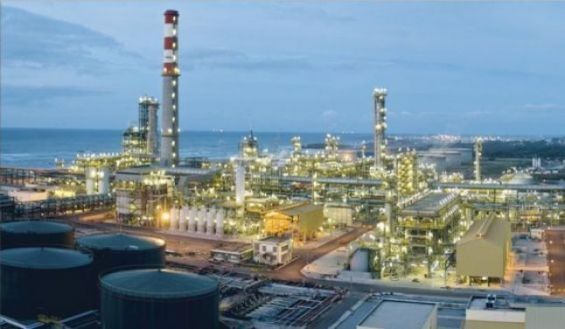The rights to operate the reservoirs of the refining company Samir have been entrusted to the national office of hydrocarbons and mining (ONHYM), said the ministry of Energy, Mining and Environment.
In an update on statements by Minister of Energy, Mining and Environment Aziz Rabbah to the Committee on Infrastructure, Energy, Mining and Environment at the House of Representatives on the impact of the changes in the global hydrocarbon market on the national market amid the Covid-19 pandemic, the ministry said that in accordance with the government's request to operate the Samir reservoirs in this exceptional situation and after approval of the Commercial Court, it was decided to grant authorization to operate its reservoirs to ONHYM.
The office will undertake the rental procedures and conduct all operations for the supply and storage of petroleum products in connection with this temporary operation, according to the court order, said the ministry.
«The price of the rental contract will be fixed on the basis of the reference value applied internationally», underlined the Ministry, specifying that the contract will be null and void by the force of law in the event of transfer or free management by the Samir company.
«These exceptional and circumstantial measures will have a beneficial impact on the company, the hydrocarbon sector and the supply of the national market», the department said.
At the parliamentary committee meeting, the Minister discussed the implications of developments in the global hydrocarbon market on the national market in the context of the Covid-19 pandemic, as well as imports of petroleum products and the capabilities of Moroccan companies in terms of storage and distribution.
Rebbah also noted that the purchase price of import oil represents 30% of the final sale price, which currently amounts to three dirhams per liter, adding that to this amount is added the internal costs, notably the costs of importation, storage, transport, distribution, sales at service stations and taxes, in addition to the profit margin.
Regarding the Samir case, the minister stressed that the case remains in the hands of the justice system, referring to the constitutional principle of the independence of the judiciary. He said that the refining of petroleum is still at a standstill, but that four companies dependent on the main company Samir have continued to import, store and fill gas cylinders.




 chargement...
chargement...












